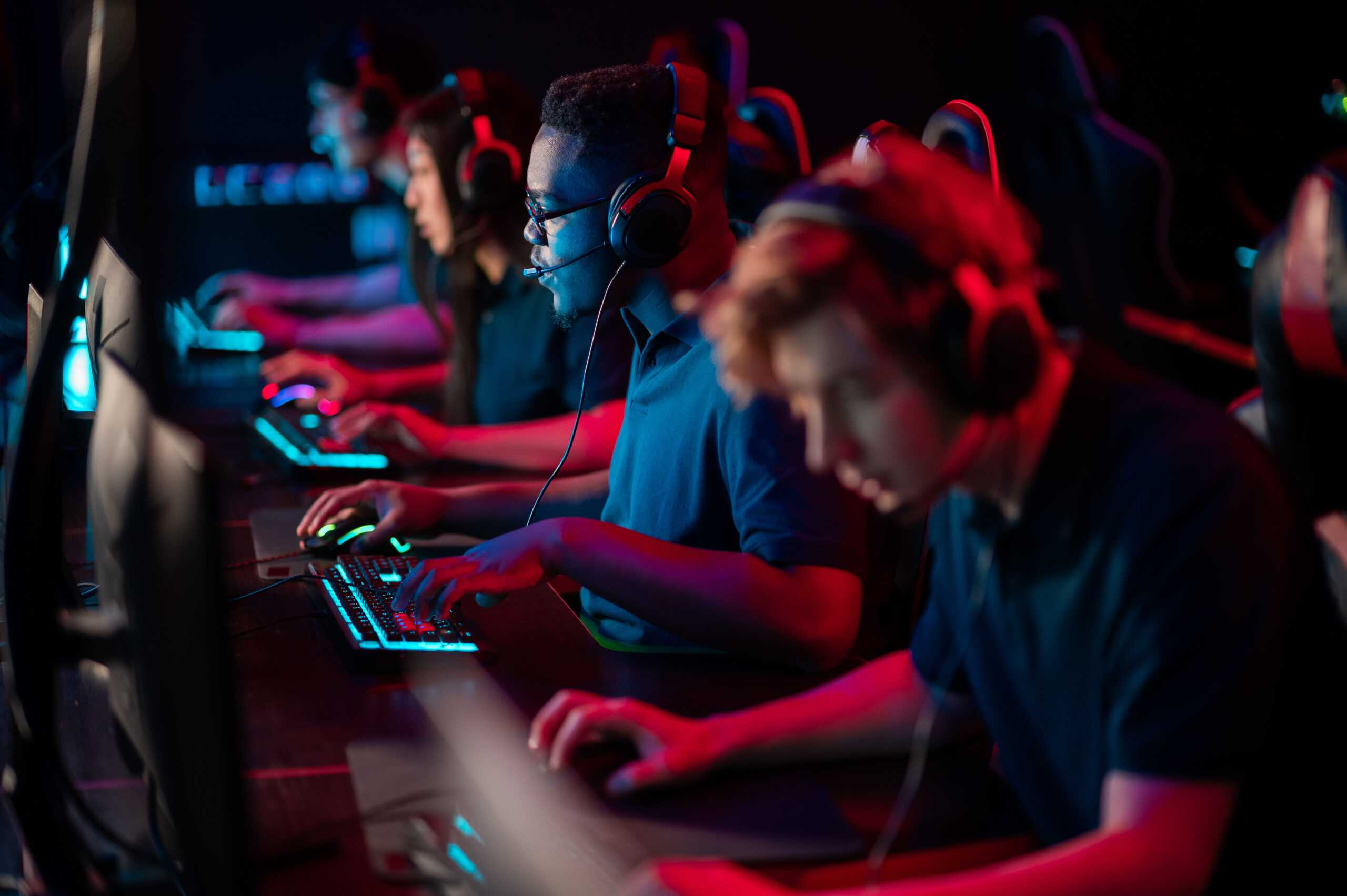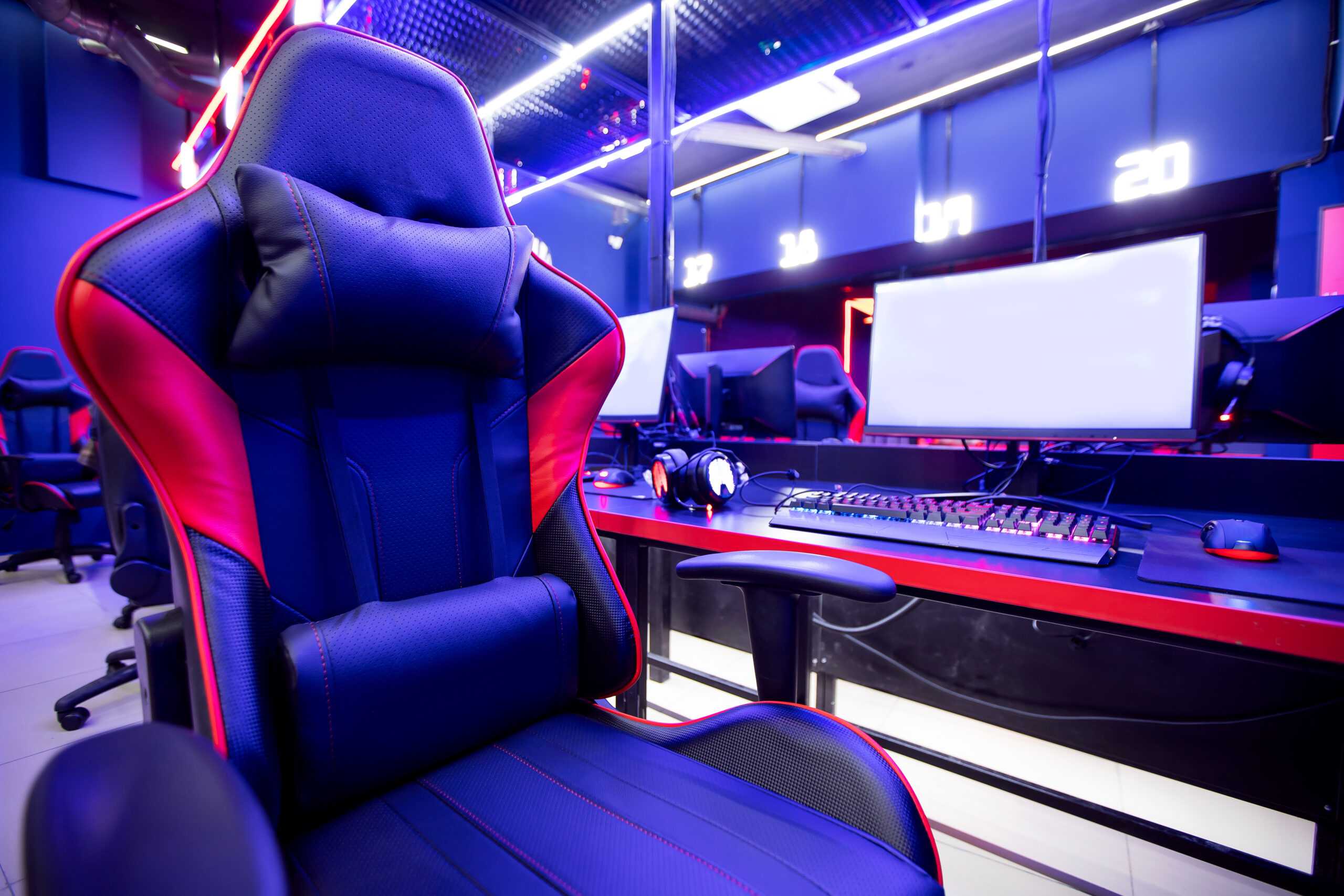In many traditional sports, it’s fairly common for athletes to play into their late 30s before they officially retire and pursue new careers. In esports, however, many pros decide to step away while they are still in their early 20s. As noted by The Washington Post, in the Call of Duty League, the average player’s age is just 22, and in the Overwatch League, the average retirement age for players is 23.
One prevailing thought as to why esports players step away so young is that their laser-fast reflexes begin to deteriorate with age, but the medical science says otherwise. The fact is that esports competition is not often profitable, and beyond the high stress of the job, a number of top esports pros can earn more by cashing in on their brand.
Johnathan “Fatal1ty” Wendel, who was one of the earliest esports players to rise to fame, did just that. He retired at age 26 to focus on his brand and sought partnerships with hardware manufacturers to sell headsets, mice, and other accessories. “Basically, the prize money went down a lot. And that’s when I was like, well … If I’m not gonna make money for my time and effort, maybe I can do other things for esports and gaming,” he explained to the Post.
A more recent example is Brandon “Seagull” Larned who pivoted from Overwatch League play to focus on his Twitch channel. Instead of having to practice 70-80 hours each week as a pro player, he was able to establish his own schedule and earn more money. Burnout and lower earnings are a bad combination for players and the esports business as a whole. Larned explained that there’s been a lot of exploitation with “mediocre contracts” for players, but there’s been more pushback recently with player agents and other support mechanisms.
Ultimately, for a number of the top esports players, building a brand is part of the job, and it’s something that allows them to take that next career step and become more entrepreneurial. According to Interpret’s New Media Measure®, it makes sense for players to leverage their stardom via streaming, as one-third of gamers are somewhat or very likely to buy a product because their favorite Twitch streamer promoted it. Additionally, 47% of esports and game-related video viewers agree that they’d like to see their favorite streamer talk about products they would recommend.






